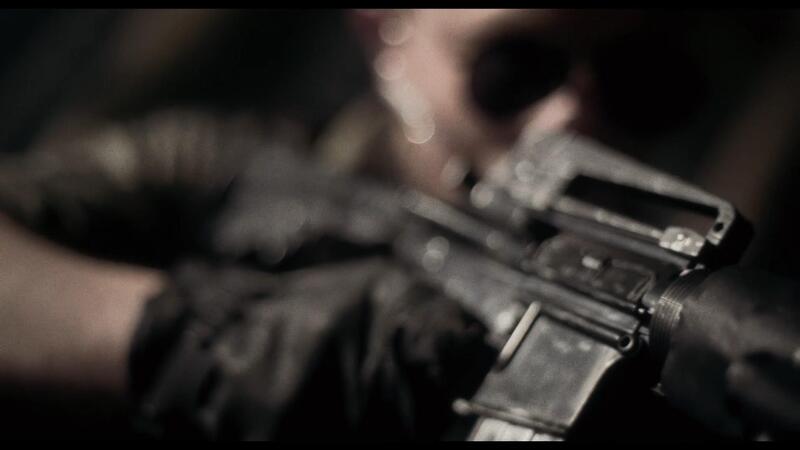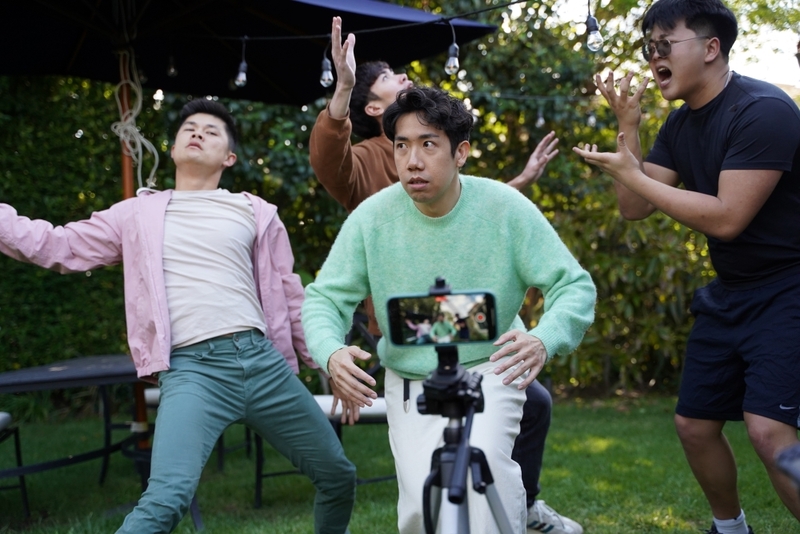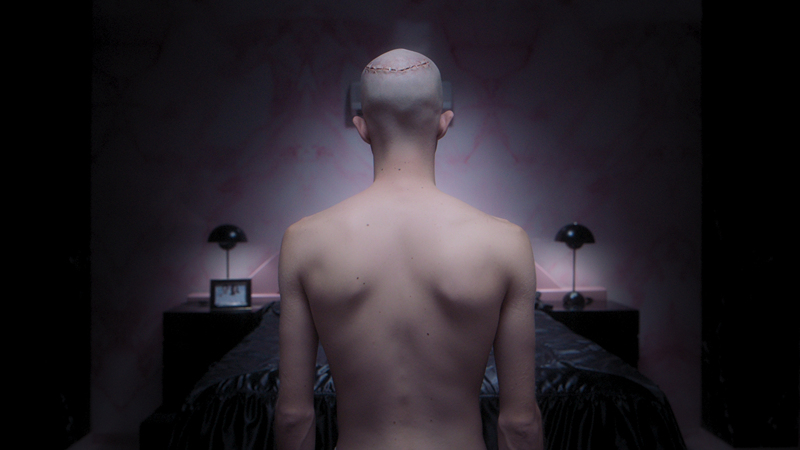
The Project That Could Have Changed It All
MOVIE REVIEW
George A. Romero’s Resident Evil
–
Genre: Documentary
Year Released: 2025
Runtime: 1h 50m
Director(s): Brandon Salisbury
Where To Watch: available now, On Digital and On-Demand
RAVING REVIEW: Now and then, a documentary emerges that doesn’t just tell us about history but makes you feel the weight of lost possibilities. GEORGE A. ROMERO'S RESIDENT EVIL closely examines one of Hollywood’s most compelling “what could have been” stories, blending nostalgia, ambition, and heartbreak. The film, directed by Brandon Salisbury, delves into Romero’s unrealized adaptation of a legendary video game franchise, exploring how creativity often clashes with corporate caution.
Romero’s contributions to the horror genre speak for themselves; arguably, Resident Evil wouldn’t exist without his creation of the 1968 classic NIGHT OF THE LIVING DEAD. His films redefined what horror could achieve, often using terrifying narratives to comment on society’s flaws. Whether addressing race relations, capitalism, or societal collapse, his work always carried a more profound message beneath the horror. Unsurprisingly, the creators of Resident Evil credited Romero as a significant influence. His involvement with the franchise felt almost inevitable, as his earlier films shaped much of the game’s identity.
The story begins with Romero directing a live-action commercial for Resident Evil 2. This wasn’t just any ad—it was a clinic in suspense and tone, perfectly capturing the survival horror essence that defined the games. The success of the commercial spurred Capcom to recommend Romero as the director for a feature-length film adaptation. For fans, it seemed like a dream come true, the ultimate collaboration between a horror legend and a beloved franchise. But, as the documentary shows, the road from concept to execution is seldom smooth.
Romero's script is at the heart of the story, which envisioned RESIDENT EVIL as more than a straightforward horror movie. While staying true to the game’s survival horror roots, the script expanded its themes, making the Umbrella Corporation a symbol of corporate greed and moral decay. Romero’s vision brought depth to the story, incorporating his trademark mix of terror and social critique. Unfortunately, his ambitious ideas clashed with Constantin Film’s desire for a more marketable product. Concerns over the budget, the intense graphic nature of the script, and its complexity led to Romero’s departure.
Salisbury’s documentary reconstructs part of the film Romero envisioned. Through interviews, archived production notes, and conceptual art, it presents a version of the movie that could have set a standard for video game adaptations. From psychological tension to character-driven narratives, Romero’s take promised a chilling and thought-provoking experience. By comparing his ideas with the eventual adaptations, the documentary highlights how much was lost in the transition to Paul W.S. Anderson’s action-heavy approach. (Although I am one of the fans of Anderson’s film, I would still have loved to see Romero’s take!)
While the documentary successfully paints a picture of what might have been, it has limitations. Some sections feel speculative, especially when discussing the behind-the-scenes decisions that led to Romero’s firing. The lack of definitive answers leaves parts of the narrative feeling incomplete. Additionally, the documentary’s focus on Romero comes at the expense of exploring other aspects of the franchise. Salisbury captures Romero as a filmmaker who prioritized artistic integrity over commercial gain, a trait that defined his career and created challenges in navigating the film industry.
For fans of Romero and the RESIDENT EVIL franchise, this documentary is a bittersweet experience. It celebrates a visionary while mourning the loss of a project that could have redefined horror. Salisbury’s work reminds us of how fragile the balance between creativity and commerce can be and how even the most brilliant ideas can falter under corporate pressure.
Ultimately, this documentary isn’t just about a movie that never happened. Instead, it reflects on the challenges of adapting beloved properties, the complexities of the creative process, and the enduring influence of a filmmaker who reshaped the horror genre. GEORGE A. ROMERO'S RESIDENT EVIL ensures that the legacy of this project and the man behind it won’t be forgotten. It’s a haunting reminder of the cost of missed opportunities and a testament to the lasting power of Romero’s innovative spirit.
Please visit https://linktr.ee/overlyhonestr for more reviews.
You can follow me on Letterboxd, Instagram, Twitter, and YouTube. My social media accounts can also be found on most platforms by searching Overly Honest Reviews.
I’m always happy to hear from my readers; please say hi or send me any questions about movies.
[photo courtesy of UNCORK’D ENTERTAINMENT]
DISCLAIMER:
At Overly Honest Movie Reviews, we value honesty and transparency. Occasionally, we receive free items for review, including DVDs, Blu-rays, CDs, Vinyl, Books, etc. We assure you that these arrangements do not influence our reviews, as we are committed to providing unbiased and sincere evaluations. We aim to help you make informed entertainment choices, regardless of our relationship with distributors or producers.
Amazon Affiliate Links:
Additionally, this site contains Amazon affiliate links. If you purchase through these links, we may receive a commission. This affiliate arrangement does not affect our commitment to honest reviews and helps support our site. We appreciate your trust and support in navigating these links.



Average Rating